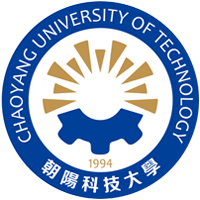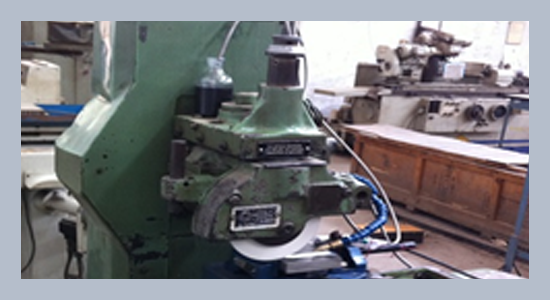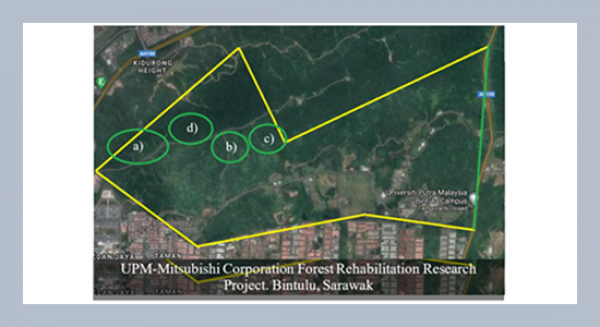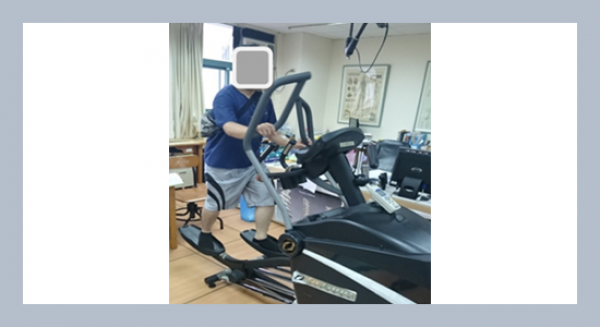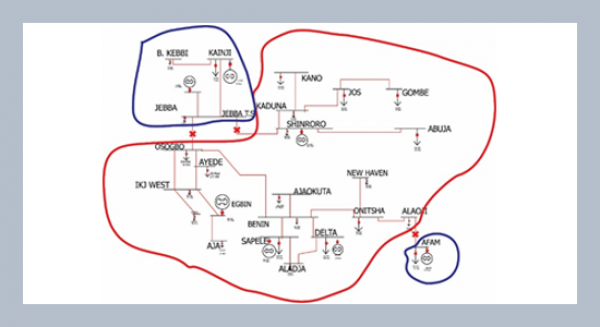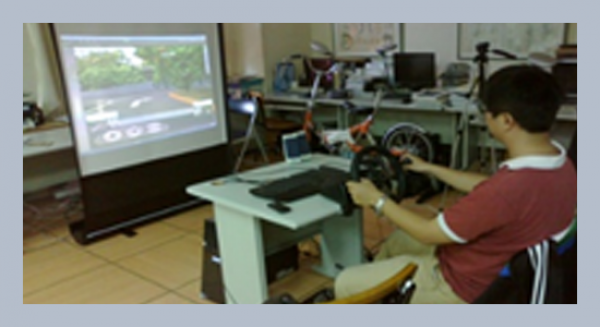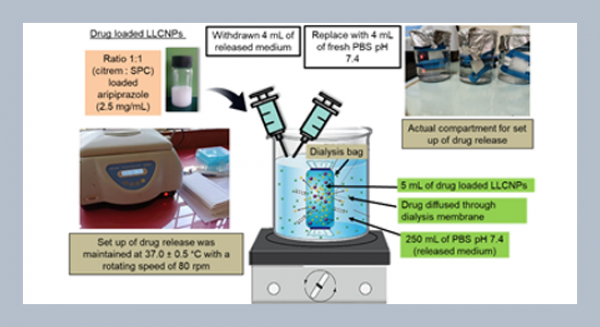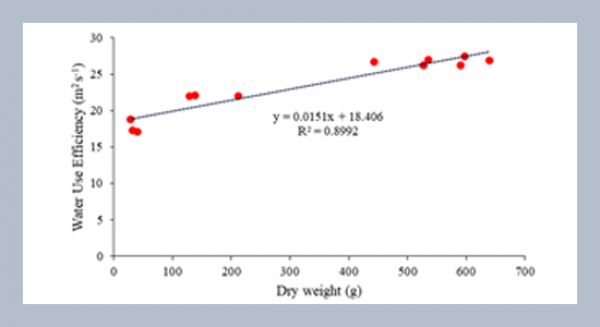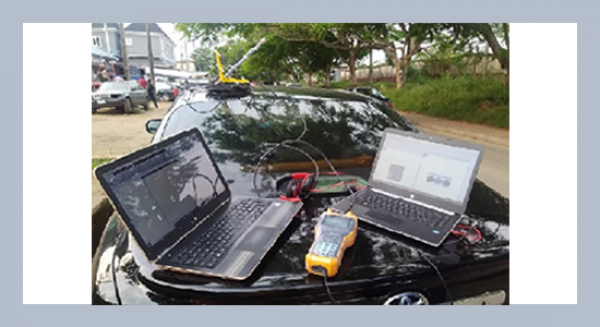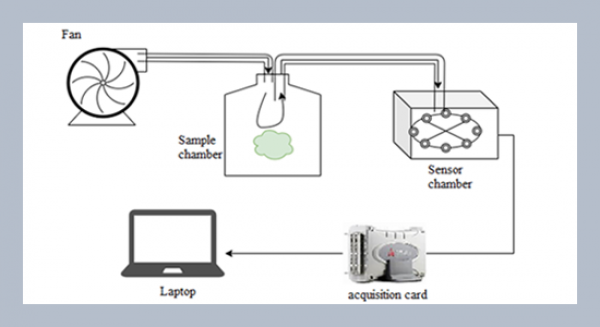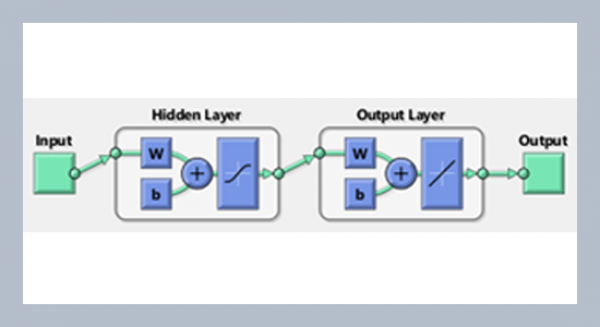REFERENCES
- Awale, A.S., Vashista, M., Yusufzai, M.Z K. 2020. Multi-objective optimization of MQL mist parameters for eco-friendly grinding. Journal of Manufacturing Processes, 56, 75–86.
- Balan, S.S., Vijayaraghavan, L., Krishnamurthy, R. 2014. Experimental investigation on the influence of oil mist parameters on minimum quantity lubricated grinding of Inconel 751. International Journal of Precision Technology, 4, 96–109.
- Dogra, M., Sharma, V.S., Dureja, J.S., Gill, S.S. 2018. Environment-friendly technological advancements to enhance the sustainability in surface grinding- A review. Journal of cleaner Production, 197, 241–249.
- Dogra, M., Sharma, V.S., Dureja, J.S. 2011. Effect of tool geometry variation on finish turning - A review. Journal of Engineering Science & Technology Review, 4, 1–13.
- Gupta, M.K., Sood, P.K., Sharma, V.S. 2016. Investigations on surface roughness measurement in minimum quantity lubrication turning of titanium alloys using response surface methodology and box – cox transformation. Journal for Manufacturing Science and Production, 16 (2), 75-88.
- Hadad, M., Sharbati, A. 2016. Thermal aspects of environmentally Friendly-MQL grinding process. Procedia CIRP, 40, 509–515.
- Jia, D., Li, C., Zhang, D., Zhang, Y., Zhang, X. 2014. Experimental verification of nanoparticle jet minimum quantity lubrication effectiveness in grinding, Journal of Nanoparticle Research, 16, 1-15.
- Khanna, N., Agrawal, C., Dogra, M., Pruncu, C.I. 2020. Evaluation of tool wear, energy consumption, and surface roughness during turning of inconel 718 using sustainable machining technique. Journal of Materials Research and Technology, 9, 5794–5804.
- Kuo, C., Hsu, Y., Chung, C., Chen, C.C.A. 2017. Multiple criteria optimisation in coated abrasive grinding of titanium alloy using minimum quantity lubrication. International Journal of Machine Tools and Manufacture, 115, 47–59.
- Li, B., Li, C., Zhang, Y., Wang, Y., Jia, D., Yang, M. 2016. Grinding temperature and energy ratio coefficient in MQL grinding of high-temperature nickel-base alloy by using different vegetable oils as base oil. Chinese Journal of Aeronautics, 29, 1084–1095.
- Lawal, S.A. 2013. A review of application of vegetable oil-based cutting fluids in machining non-ferrous metals. Indian Journal of Science and Technology, 6, 3951–3956.
- Nguyen, T., Zhang, L.C. 2003. An assessment of the applicability of cold air and oil mist in surface grinding. Journal of Materials Processing Technology, 140, 224–230.
- Oliveira, D.D.J., Guermandi, L.G., Bianchi, E.C. 2012 Improving minimum quantity lubrication in CBN grinding using compressed air wheel cleaning. Journal of Materials Processing Technology, 212, 2559–2568.
- Sadeghi, M.H., Hadad, M.J., Tawakoli, T., Vesali, A. 2010. An investigation on surface grinding of AISI 4140 hardened steel using minimum quantity lubrication-MQL technique. International Journal of Material Forming, 3, 241-251.
- Setti, D., Yadav, N.K., Ghosh, S., 2014. Grindability improvement of Ti-6Al-4V using cryogenic cooling. Proceedings of the Institution of Mechanical Engineers, Part B: Journal of Engineering Manufacture, 228, 1131-1137.
- Sinha, M.K., Madarkar, R., Ghosh, S., Paruchuri, V.R., 2019. Some investigations in grindability improvement of Inconel 718 under ecological grinding. Proceedings of the Institution of Mechanical Engineers, Part B: Journal of Engineering Manufacture, 233, 727-744.
- Singh, H., Sharma, V.S., Singh, S., Dogra, M. 2019a. Exploration of graphene assisted vegetables oil based minimum quantity lubrication for surface grinding of TI-6AL-4V-ELI. Tribology International, 144, 106113.
- Singh, H., Sharma, V.S., Singh, S., Dogra, M. 2019b. Nanofluids assisted environmental friendly lubricating strategies for the surface grinding of titanium alloy: Ti6Al4V-ELI. Journal of Manufacturing Processes, 39, 241–249. https://doi.org/10.1016/j.jmapro.2019.02.004
- Singh, R. 2020. Progress of environment friendly cutting fluids/solid lubricants in turning-A review. Materials Today: Proceedings, 37, 3577–3580.
- Singh, R., Dureja, J.S., Dogra, M. 2020a. Wear behavior of textured tools under graphene-assisted minimum quantity lubrication system in machining Ti-6Al-4V alloy. Tribology International, 145, 106183.
- Singh, R., Dureja, J.S., Dogra, M. 2020b. Evaluating the sustainability pillars of energy and environment considering carbon emissions under machining of Ti-3Al-2.5 V. Sustainable Energy Technologies and Assessments, 42, 100806.
- Virdi, R.L., Chatha, S.S., Singh, H. 2020. Performance evaluation of inconel 718 under vegetable oils based nanofluids using minimum quantity lubrication grinding. Materials Today: Proceedings, 33, 1538-1545.
